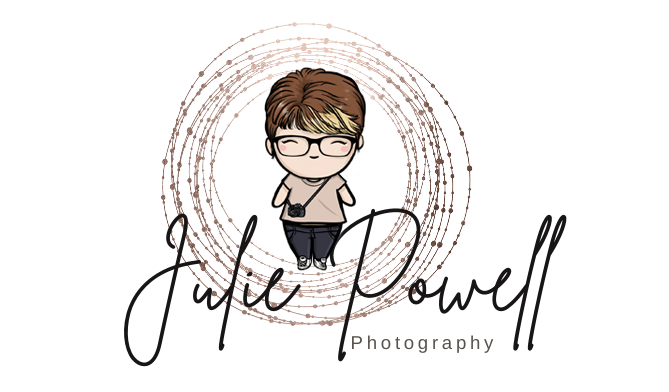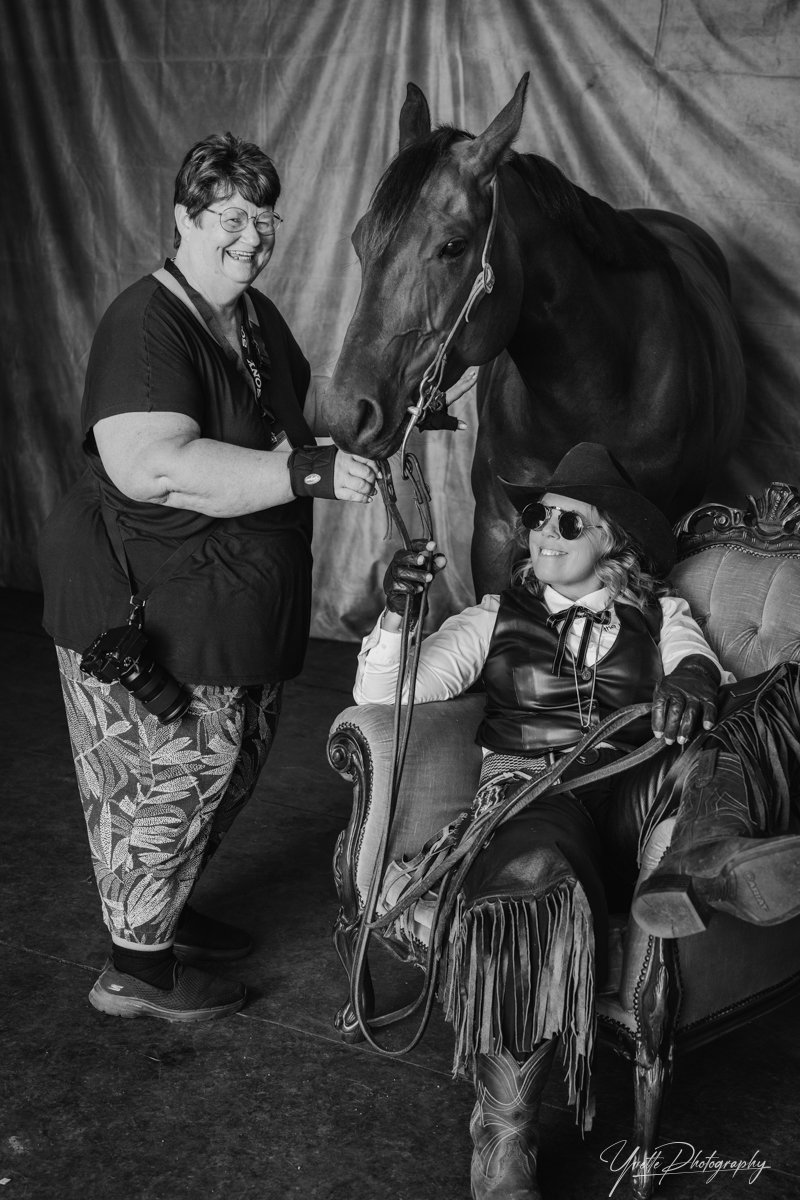Mastering your camera: unlocking its full potential
Owning a camera has become more accessible than ever before. From compact point-and-shoots to high-end DSLRs and mirrorless wonders, the range of options can be overwhelming. However, regardless of the make or model, one thing remains constant: understanding your camera is essential for capturing stunning photographs.
So, how well do you know YOUR camera? I run a lot of photoshoots and workshops, and I still find so many people who don’t know how to access different camera settings, flash modes, Liveview, white balance, and such. Can you operate your camera in the dark?
Sony A7RV camera and 50mm lens
Understanding Your Camera:
Before you can truly unleash your creativity, it’s crucial to familiarize yourself with the basic components of your camera. From the lens to the sensor, each part plays a vital role in shaping the final image. Take the time to read the manual (while it can be dry and dusty it is beneficial). Experiment with different settings, and practice shooting in various conditions. By understanding how your camera functions, you’ll be better equipped to make informed decisions when composing your shots.
Learn your camera modes
Exploring Camera Modes:
Modern cameras come equipped with various shooting modes, each tailored to specific scenarios. From aperture priority to shutter priority and full manual control, these modes offer varying levels of creative freedom. Experimenting with each mode will help you gain a deeper understanding of exposure, depth of field, and motion blur. Don’t be afraid to step out of your comfort zone and push the boundaries of your creativity.
Harnessing Advanced Features:
Beyond the basic shooting modes, many cameras boast a plethora of advanced features waiting to be unlocked. From autofocus settings to white balance adjustments and beyond, these features can significantly enhance the quality of your photographs. Take the time to explore your camera’s menu system and familiarize yourself with its capabilities. You may be surprised by the hidden gems waiting to be discovered.
Have you checked out various flash modes, have you used bracketing, what about swapping creative modes, neutral, black and white etc? Do you know how to change the aperture and shutter speed without looking? Do you know how to turn on and off exposure simulation or image stabilization? These are crucial things to learn on your camera.
Leading Lines
Mastering Composition Techniques:
While technical proficiency is essential, mastering composition techniques is equally crucial for capturing compelling photographs. Whether it’s the rule of thirds, leading lines, or framing, understanding the principles of composition can take your images to the next level. Experiment with different angles, perspectives, and focal lengths to create visually engaging compositions that command attention. Workshops are a fantastic opportunity to play, learn and experiment.
Practice, Practice, Practice:
As with any skill, practice is key to mastering your camera. Take every opportunity to get out and shoot, whether in your backyard, at a local park, or on a grand adventure. Embrace failure as a learning opportunity and don’t be discouraged by setbacks. With each click of the shutter, you’ll gain valuable experience and hone your craft.
Me trying to wrangle a horse at a shoot, photo by Yvette Pethebridge
In summary:
I’m not trying to discourage any photographer on any level, but by learning some vital basics you will become more confident and proficient with your camera and your photos. You will find yourself less frustrated when things become hectic.
Mastering your camera is more important than ever in a world inundated with images. By understanding its features, exploring its capabilities, and honing your skills, you can unlock its full potential and capture breathtaking photographs that tell your unique story. So grab your camera, venture out into the world, and let your creativity soar. The possibilities are endless when you know your camera inside out.







